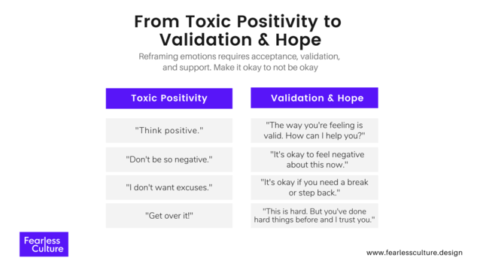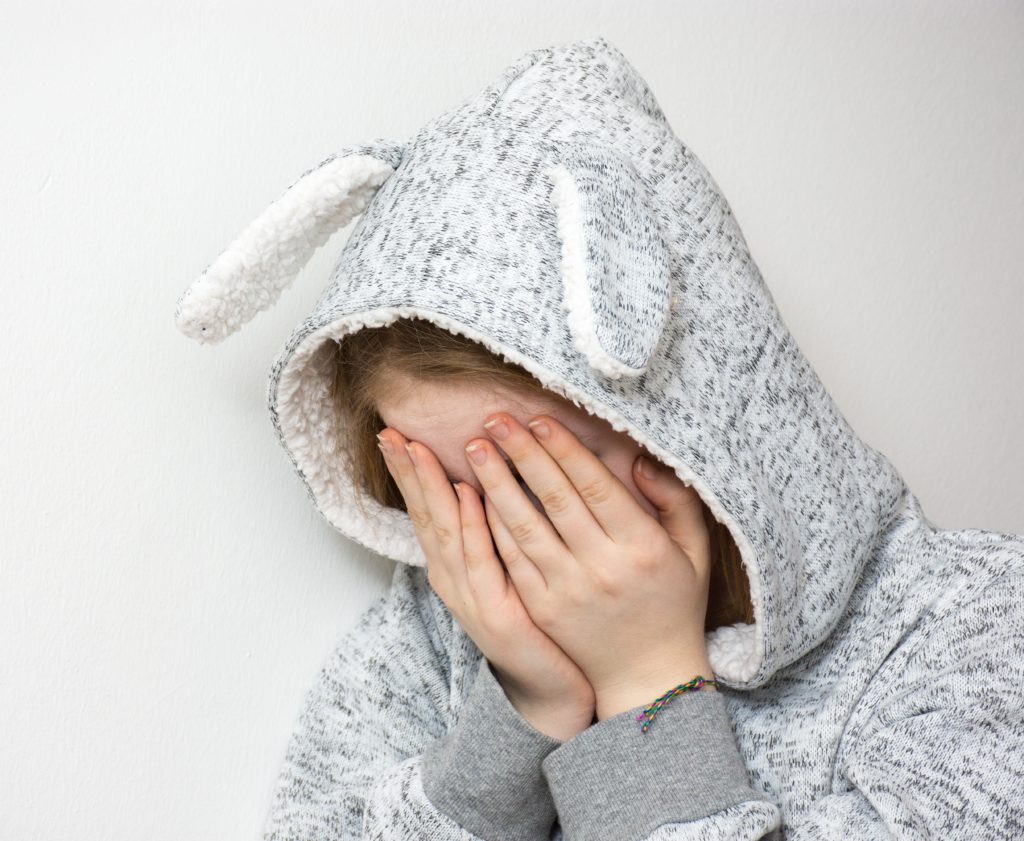Do you know why you feel sad and irritable? It could be an ambiguous loss.
Although he survived, he will never be the same. It’s a difficult situation that I am trying to cope with. I don’t know how to talk to him when I visit him. I don’t know what to say to him. It’s a difficult situation. Although I don’t think it’s a weakness to cry, I find myself so sad that I constantly need to call. The other day, I was sobbing at work. It’s not a good feeling.
Marti* was in therapy for several years before COVID-19. Her parents became infected with the virus during the pandemic.
It was a lucky day. Both survived. However, I feel so anxious and sad all the time. I worry about their health and what will happen to them. They are so fragile and vulnerable to me. They’re also feeling weak, I know. They are talking about moving to a better place, so they don’t have to be a burden for my siblings and me in an emergency. I don’t want to think about these things, and they shouldn’t either. It makes me too upset.
James* was also upset, but he said it as follows:
It’s not something I can pin on. My life was relatively easy during the pandemic. Now, everything is fine. While I don’t like what’s going on globally and the recent surge in cases of the virus, it’s not a significant issue in my life. Overall, things are fine. Why am I so anxious?
In the months since the introduction of vaccines, I’ve heard more stories from friends, family, and colleagues about tragic and almost tragic events. Although I don’t have statistics, there seem to be more such events than ever before.
You are not the only one feeling sad or lonely because of a loss in your life. Psychotherapists refer to this as “ambiguous loss.”
Pauline Boss coined the term “Ambiguous Loss” to describe the feelings that can occur when a loved one is killed without closure or resolution. For example, you may never be able to say goodbye to someone you love, such as the 9/11 tragedy. They can also include a longing to be with family members far away and a feeling of “unnamed loss” and “melancholy that never went away,” according to Dr. Boss.
Ambiguous loss is also known as “unresolved grievance,” which refers to the type of grief that becomes “frozen inside” and makes it difficult to move on to a happier, more content place. Although suffering and significant losses may not be over, some closure can help us accept and integrate our lifelong sadness into a rich, meaningful mixture of emotions. Moving forward from significant closure helps us feel secure and not hold onto the past.
This integration is essential to move on with our lives without being influenced by the loss.
While ambiguous grief is often associated with the death of a loved person, it can also refer to other life events, such as the one we all experienced during the pandemic. Did you miss an opportunity to graduate? A chance to show off your acting and musical skills in front of an audience. Did your child lose a crucial period of academic and social development? What about your grandchildren and grandparents? You could also spend time with your parents or children.
It’s essential to recognize the lessons and gains made during the pandemic and be grateful that we survived with minor losses. However, it is equally important to acknowledge any losses during this time. Recognizing and honoring these losses will help you move beyond ambiguous loss or frozen grief into new growth and integration.
This conversation is ongoing with clients in my (still distant, for now) psychotherapy practice. Clients often ask me if I plan to return to my office in person. This brings up feelings of loss and unease. My response is that I am incredibly cautious and won’t be coming back in because my spouse has an autoimmune disorder. We will need to clarify safety before we can be in the same room, especially with the increase in cases.
Some clients find this answer, the feeling that things have not been settled, and the loss of some time in person troubling. It is not uncommon to feel a sense of loss when discussing problems. James and I started to talk about his feelings of edginess. We discovered that one of his problems was that he wanted things “to go back to normal,” including returning to your office. It’s safe somehow, I feel it – I don’t know why, but it sounds silly. I enjoy being with you and being in that space.
Even though I couldn’t give him exactly what he desired, the fact that I was able to hear it from him and that I validated his loss made him feel much better.
That’s Dr. Boss’s answer to ambiguous losses in general. Recognizing that you are grieving is the first step to unfreezing your grief is to put the emotions into words. It won’t make your sadness disappear, but it will help you integrate it into a more complex, ultimately more realistic, sense of yourself and the world. This integration will allow you to take the next step into the new life you are waiting for.
*Names and identifying information have been changed to protect privacy









